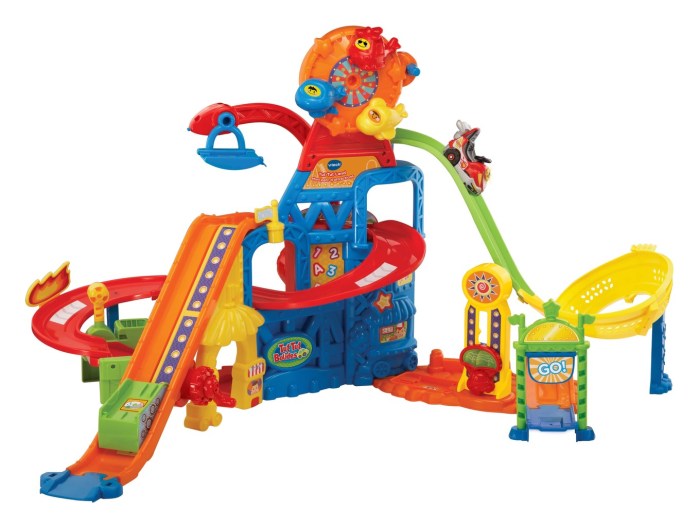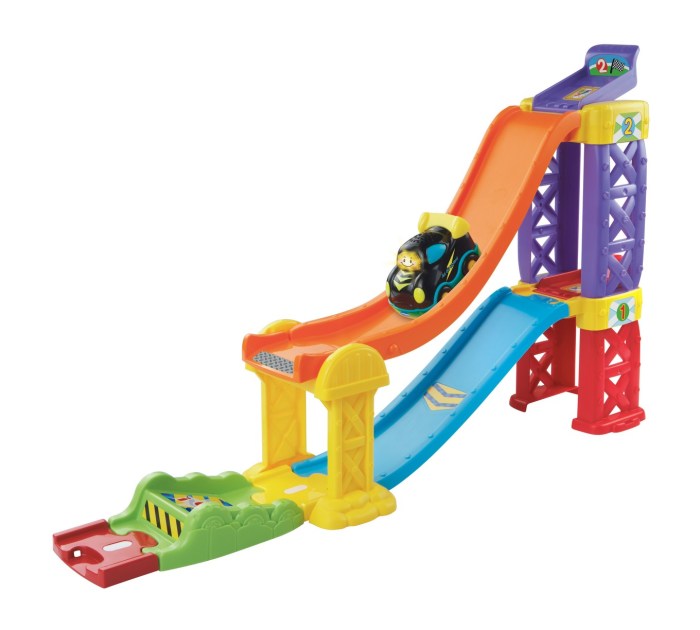Old fashioned word of disapproval – Old fashioned words of disapproval are a fascinating linguistic phenomenon that has evolved over time, reflecting cultural values and shaping communication patterns. This essay will explore the etymology, types, social and cultural significance, impact on language and communication, and modern usage and perception of these words.
Etymology of “Old Fashioned Word of Disapproval”

The term “old fashioned word of disapproval” emerged during the Victorian era in England, reflecting the social and cultural values of the time. It referred to language that was considered outdated, prudish, or overly formal. The usage of such words was seen as a sign of being out of touch with modern society and its evolving norms.
Types of Old Fashioned Words of Disapproval
Moralistic
These words convey a sense of moral superiority and judgment, expressing disapproval of behaviors or ideas that are seen as immoral or unethical.
- Wicked
- Unprincipled
- Depraved
Judgmental, Old fashioned word of disapproval
These words express a negative opinion or criticism of someone’s actions or character, often implying a lack of worthiness or value.
- Unworthy
- Contemptible
- Despicable
Disparaging
These words aim to belittle or diminish someone or something, often using sarcasm or irony to convey disapproval.
- Foolish
- Ridiculous
- Absurd
Social and Cultural Significance

Old fashioned words of disapproval played a significant role in Victorian society, reinforcing social norms and maintaining a sense of order. They served as a means of social control, discouraging behaviors that were considered unacceptable or transgressive.
These words also reflected the prevailing moral and religious values of the time, with a strong emphasis on propriety, modesty, and conformity. They helped to shape public discourse and influence individual behavior, contributing to the formation of a collective social identity.
Impact on Language and Communication
Old fashioned words of disapproval have left a lasting impact on the English language. They have contributed to the development of euphemisms and more socially acceptable ways of expressing disapproval, such as using phrases like “not my cup of tea” or “a bit odd” instead of more direct and judgmental language.
However, these words can still be encountered in certain contexts, such as in historical literature or in the speech of older generations. Their usage can evoke a sense of nostalgia or irony, and can also serve as a reminder of the evolving nature of language and social norms.
Modern Usage and Perception: Old Fashioned Word Of Disapproval
In contemporary society, old fashioned words of disapproval are less commonly used in everyday speech. However, they can still be found in certain contexts, such as in formal or literary language, or when expressing strong disapproval or moral condemnation.
Their perception has also changed over time, with some words becoming more archaic and others acquiring new meanings or connotations. For example, the word “wicked” was once considered a serious term of disapproval, but it is now often used in a more playful or ironic sense.
Question & Answer Hub
What is the origin of the term “old fashioned word of disapproval”?
The term “old fashioned word of disapproval” has its roots in the Victorian era, when certain words and phrases were considered to be outdated or offensive.
What are some examples of old fashioned words of disapproval?
Examples of old fashioned words of disapproval include “cad,” “bounder,” “harlot,” and “scoundrel.”
How have old fashioned words of disapproval changed over time?
Over time, some old fashioned words of disapproval have become more acceptable, while others have fallen out of use. For example, the word “cad” was once considered to be a serious insult, but it is now often used in a more playful way.